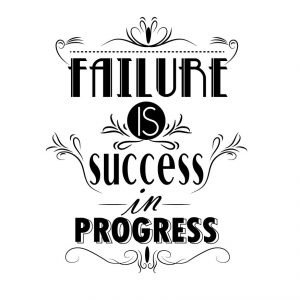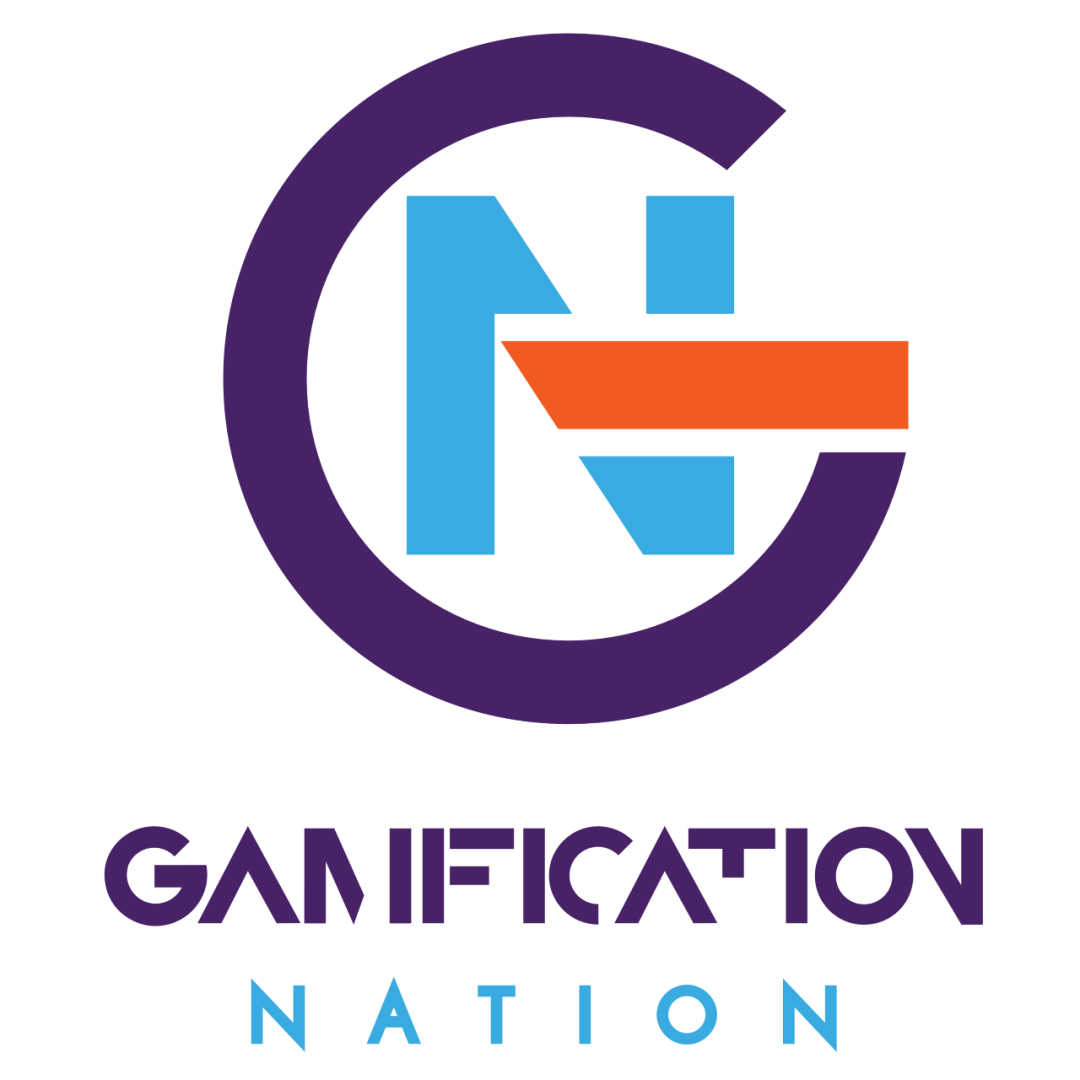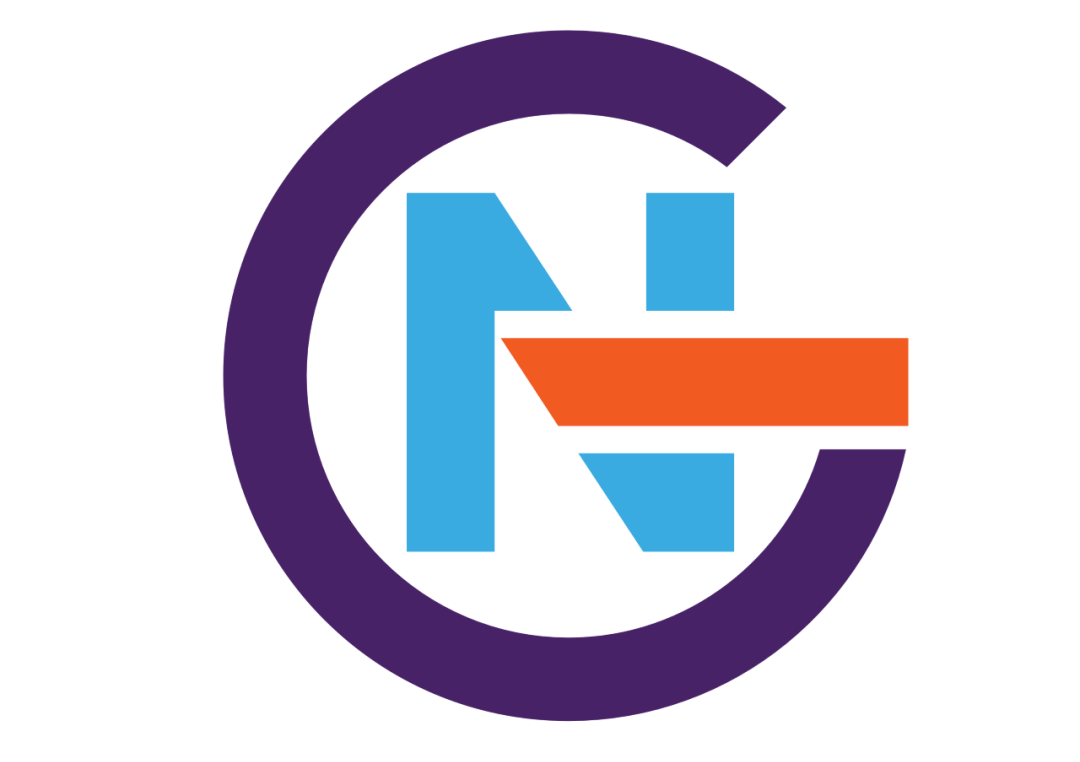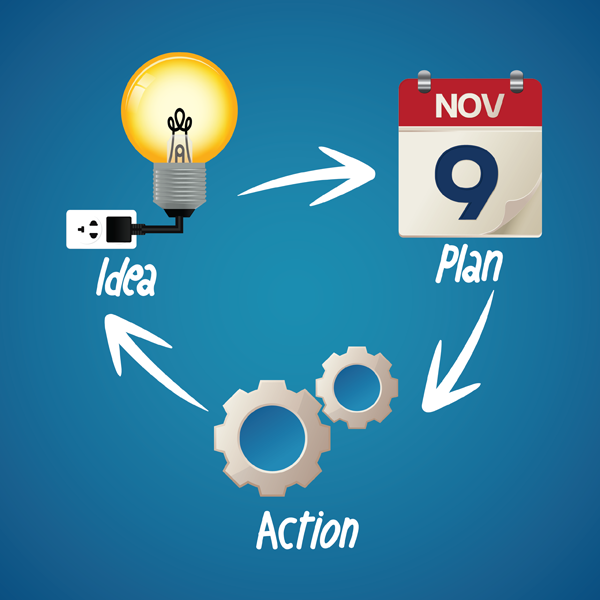In preparation for the Gamification Europe conference in Brighton this week, I was making lists of fails or re-worded as First.Attempts.In.Learning. Typically, this is not the kind of talk I like to give, I prefer to focus on positives and future forward thinking, so I find it a real challenge to go backwards through all of our projects and pick the meaningful mentions to learn from.
I thought it would be fun to group them by smaller headings, such as for example design, client, supplier, etc. and then list all the items that are potentials to mention. As I started my brainstorm in this way, for each of my sub-headings the list became longer and longer, so there is plenty more material than I will ever be able to cover in 20 minutes. I hope to think that what we do now in comparison to what we did over the last 5 years has evolved and changed thanks to lessons I learned.
The most meaningful results out of the lessons learned are probably our gamification design process and in the learning space my learning gamification framework. The first helps explain to clients as early as the pitch, how we work and what we do at each point and where they need to be open to give input to. My learning gamification framework was written out of frustration with what is saw in the market and also experienced as requests from clients. So I guess I will mention what lead up to this point without going into great detail on the tools themselves, but for that you will have to attend my talk.
What won’t make it into the talk is the hours of trying to figure out alternatives, when the first or second or on a very current project even iteration 13 is not quite how the client sees it. I don’t mind changing and iterating when all parties are equally involved and interested in the positive outcome of the project. Iterations come with working in gamification design. What is a challenge, is when I want the successful outcome more than the client or in an odd case an IT supplier does. Then it becomes a power struggle and compromise or sacrifice becomes the ultimate name of the game.
Being female in the industry has also been a challenge and agin one I won’t be mentioning in the talk, maybe it will come up in a panel discussion. But I have to say a small few set of suppliers laughed my designs off the planet and questioned every item on it, because it wasn’t engaging or correct according to their worldview and this was after the client had already approved the concept and design. Equally they had been given the chance to give input into the feasibility of everything we suggested to make sure we could deliver and at that point nothing was pointed out. As soon as men became involved, their tone changed and they accepted the design, they just had issues with doing the work up to our standards.
Another lesson is to learn to read between the lines when dealing with different cultures and with developers. I have had several developers start really happy at the beginning of a project and telling me everything is possible only for them to disappear in action. In some cultures, the first answer is always ‘yes’, even if in truth it means ‘no’ or ‘I don’t know how to do this’. I appreciate those that are equally willing to work around and ask questions for understanding to make sure we ultimately achieve what we need to achieve for the client.
My personal lessons are to make sure you always have a back-up supplier or option, so if something goes wrong there is a chance to make it go right. Balancing multiple projects at various stages is a mammoth task and good systems help keep us on track. Regular communication is a key to making sure all parties are on top of what needs to happen. And taking breaks is not just optional but essential.
The whole preparation has made me a bit reflective and I have to say also slightly proud to have continued despite a lot of these lessons. I know quite a few would have quit given some of the obstacles in my path. It may explain why there are more evangelisers than practitioners in this field. It is a lot easier to talk from the sidelines than it is to make projects work smoothly for every single client. Either way it is incredibly rewarding when everything works and it is hitting the results we are after.
Finally, first attempts in learning are effectively just success as a work in progress



